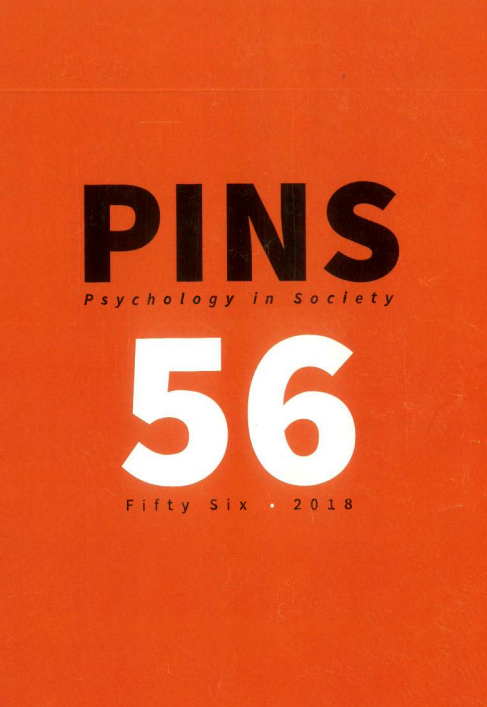Universalism, materialism and class politics: Notable absences in critical psychology
DOI:
https://doi.org/10.17159/2309-8708/2018/n56a6Abstract
[ B O O K R E V I E W ]
Parker, Ian (ed) (2015) Handbook of critical psychology.
Hove & New York: Routledge.
ISBN 978-1-84872-218-7 hbk. Pages xv + 477
Group work has become essential to the modern economy, where most projects are too wide-ranging for a single pair of hands, or, when it comes to intellectual labour, too grand for an individual intelligence to cover in all their detail (Coetzee & Kurtz: 2015). More often than not such projects are organized from the beginning in modular fashion: the final aim is broken down into a series of modules, each of which is then assigned to an independent worker or team to complete. This division of labour, which usually involves following instructions “from above” while being isolated from one’s co-workers, ensures that when the group project is complete, there
is no one person who knows precisely how all the parts relate to the finished product as a whole. Indeed, the work-experience of a group preoccupied with a modular project “may be as alienated as that of an individual
worker in the factories of Victorian Britain”, as Marx and Engels once keenly observed (Coetzee & Kurtz, 2015: 120).
Downloads
Downloads
Published
How to Cite
Issue
Section
License
This journal is an open access journal, and the authors' and journal should be properly acknowledged, when works are cited.
Authors may use the publishers version for teaching purposes, in books, theses, dissertations, conferences and conference papers.
A copy of the authors’ publishers version may also be hosted on the following websites:
- Non-commercial personal homepage or blog.
- Institutional webpage.
- Authors Institutional Repository.
The following notice should accompany such a posting on the website: “This is an electronic version of an article published in PINS, Volume XXX, number XXX, pages XXX–XXX”, DOI. Authors should also supply a hyperlink to the original paper or indicate where the original paper (http://www.journals.ac.za/index.php/pins) may be found.
Authors publishers version, affiliated with the Stellenbosch University will be automatically deposited in the University’s’ Institutional Repository SUNScholar.
Articles as a whole, may not be re-published with another journal.
The copyright of the article(s) lies with the author(s).
The copyright of the journal lies with PINS-psychology in Society.
The following license applies:
Attribution CC BY-NC-ND 4.0 - https://creativecommons.org/licenses/by-nc-nd/4.0/

